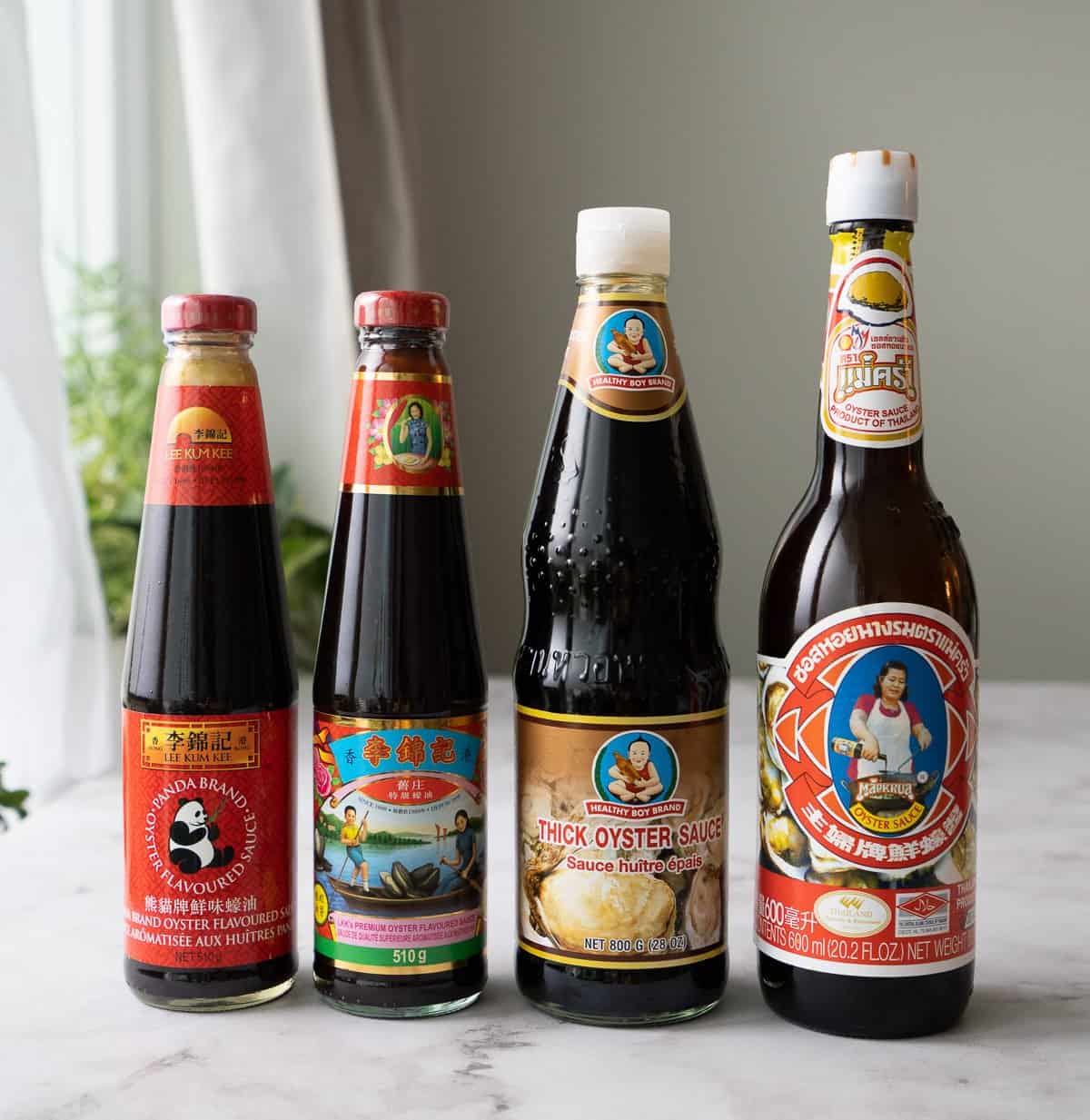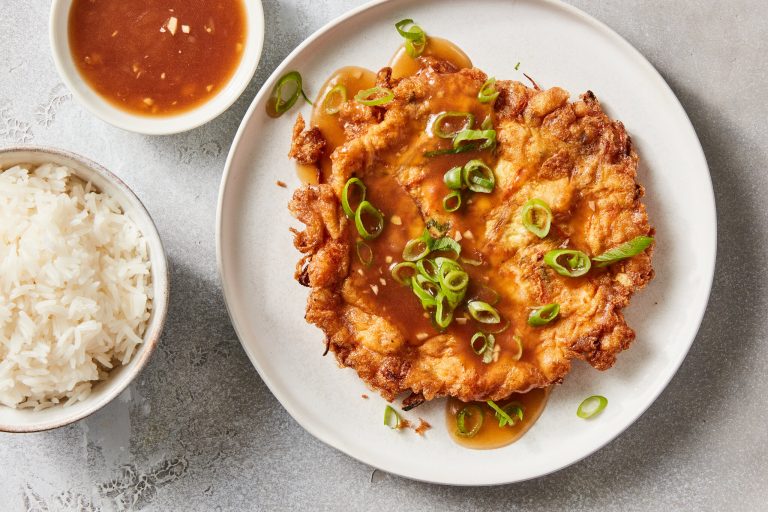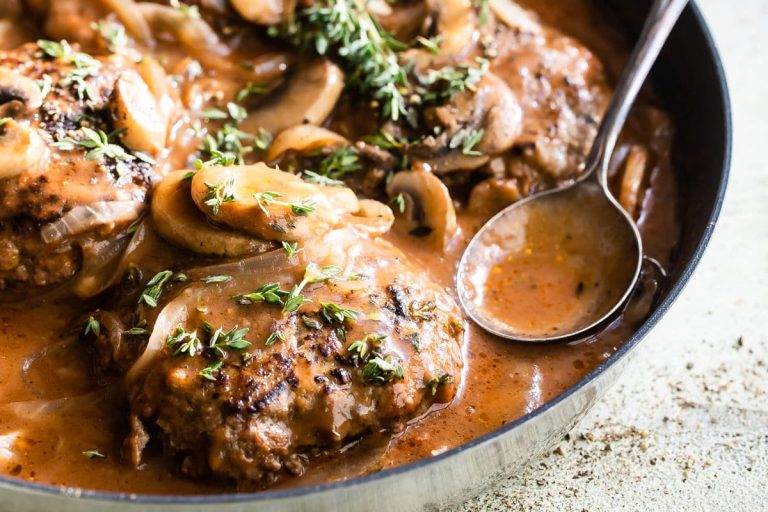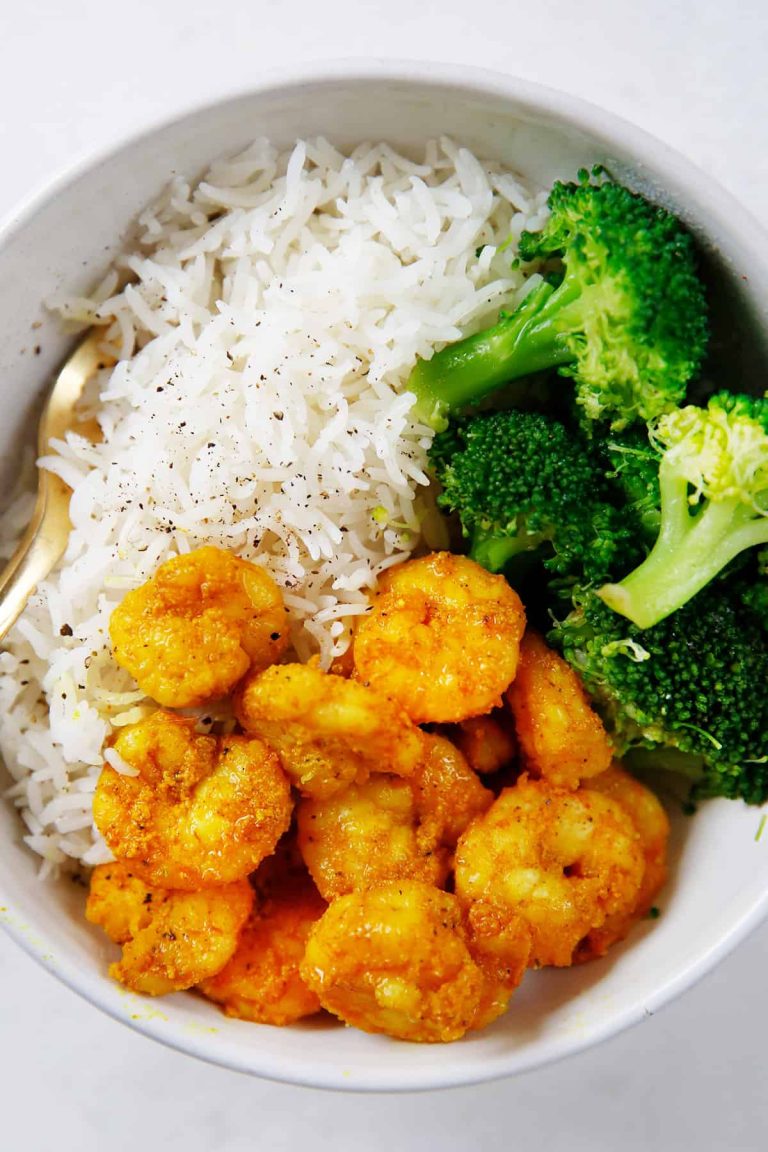Korean BBQ Sauce: Origins, Variations, and Top Brands
Korean BBQ sauce finds its roots in ancient culinary traditions. The introduction of soy sauce by Chinese traders around 300 B.C. laid the foundation for many Korean sauces. By the 18th century, Koreans started incorporating chili peppers, further diversifying their sauces. The inclusion of gochujang, a fermented red chili paste, became pivotal. This ingredient imparted the distinctive spicy-sweet flavor that defines modern Korean BBQ sauce.
Regional Variations Across Korea
Korean BBQ sauce varies across different regions. In Seoul, you might find a sweeter, thicker sauce often flavored with honey and sesame oil. In contrast, Busan offers a spicier version with more gochujang and garlic. Jeju Island features a tangier sauce, incorporating local citrus fruits like hallabong. Each region’s unique ingredients and methods contribute to a diverse culinary landscape, enhancing your Korean BBQ experience.
Main Ingredients of Korean BBQ Sauce
The Role of Gochujang
Gochujang, a fermented red chili paste, serves as one of the key components in Korean BBQ sauce. Gochujang combines red chili powder, glutinous rice, fermented soybeans, and salt. It provides a unique sweet, spicy, and savory flavor profile that differentiates Korean BBQ sauce from other sauces. Gochujang’s fermentation process, lasting several months, adds depth and complexity to the sauce. Its balance of heat and sweetness makes it an essential ingredient in creating the iconic taste of Korean BBQ sauce.
Use of Garlic and Sesame Oil
Garlic and sesame oil play crucial roles in enhancing the flavor of Korean BBQ sauce. Garlic offers a robust, pungent taste that complements the sauce’s sweetness and spiciness. Finely minced garlic is often used to ensure an even distribution of flavor. Sesame oil, made from toasted sesame seeds, adds a nutty aroma and rich, deep taste. Its inclusion in Korean BBQ sauce not only elevates the flavor but also contributes to its silky texture. Combining garlic and sesame oil with other ingredients creates a harmonious and well-rounded sauce.
Additional key ingredients in Korean BBQ sauce include soy sauce, which brings umami and saltiness, and sugar or honey, which provide sweetness. Together, these elements ensure a complex and balanced flavor profile.
How Korean BBQ Sauce Enhances Dishes
Pairing with Different Meats
Korean BBQ sauce elevates the taste of various meats. When drizzled over beef short ribs, it enhances the natural richness, balancing the hearty flavors with its spicy-sweet profile. For pork belly, the sauce’s combination of gochujang, garlic, and sesame oil caramelizes beautifully during grilling, adding depth and complexity. Chicken dishes, like dak galbi, benefit from the tangy kick of the sauce, cutting through the succulence and offering a well-rounded taste. Adding Korean BBQ sauce to seafood, such as grilled shrimp, provides a savory layer that complements the seafood’s natural sweetness, creating a memorable culinary experience.
Vegetarian Alternatives
Korean BBQ sauce isn’t just for meat lovers; it also enhances vegetarian dishes. Tofu, for example, absorbs the sauce’s robust flavors when marinated, offering a rich taste and satisfying texture once grilled or stir-fried. Grilled vegetables like bell peppers, mushrooms, and zucchini acquire a smoky, caramelized exterior when brushed with Korean BBQ sauce, providing an excellent contrast to their natural flavors. Even hearty vegetables like cauliflower steaks or eggplant slices pair well with the sauce, absorbing its spicy-sweet notes and adding a burst of flavor to vegetarian meals.
Cooking Tips for Using Korean BBQ Sauce
Marinating Techniques
Use Korean BBQ sauce to marinate meats like beef, pork, chicken, and tofu 2-6 hours before cooking. Ensure every piece gets coated evenly. For larger cuts, like beef short ribs, use a shallow dish or resealable plastic bag to ensure full coverage. Place your meat in a refrigerator during marination. For deeper flavors, marinate overnight while rotating the meat every few hours. Avoid marinating seafood for more than 30 minutes because of its delicate nature.
Grilling Tips for Perfect Flavor
Preheat your grill to medium-high heat. Brush oil on the grill grates to prevent sticking. While grilling, baste your meats with Korean BBQ sauce to enhance the savory and sweet flavors. Turn the meats frequently, cooking beef short ribs and pork belly for 3-4 minutes per side until caramelized. Grill chicken until internal temperature reaches 165°F (about 6-7 minutes per side). For a smoky touch, use wood chips like hickory or applewood.
Buying Guide for Korean BBQ Sauce
Best Brands and Where to Find Them
Several brands excel in offering high-quality Korean BBQ sauce. Chung Jung One specializes in gochujang-based sauces, perfect for those who appreciate traditional flavors. Annie Chun’s offers a balanced blend, making it versatile for various dishes. Bibigo provides a range of sauces, each tailored for specific meats like beef and pork. You can find these brands in Asian grocery stores, large supermarkets like Walmart and Target, and online retailers such as Amazon and H-Mart. Check for availability in both physical and online stores to ensure you get the best deal and freshest product.
What to Look For on Labels
Examining labels helps you make informed choices. Ingredients should include gochujang, soy sauce, sesame oil, and garlic for authenticity. Avoid high fructose corn syrup and artificial preservatives for a healthier option. Notice the sodium content if you’re watching your salt intake. Fermentation details can indicate richer flavors, so favor sauces highlighting this process. Lastly, check for gluten-free or vegan symbols if you have dietary restrictions. Pay close attention to these label elements to select a sauce that meets your taste and health preferences.
Conclusion
Korean BBQ sauce offers a delightful blend of flavors that can elevate any meal. With its rich history and regional variations, you can explore a diverse range of tastes from sweet and spicy to savory and tangy. Whether you’re grilling beef short ribs or adding zest to tofu, this versatile sauce is a must-have in your culinary arsenal.
When shopping for Korean BBQ sauce, consider trusted brands like Chung Jung One, Annie Chun’s, and Bibigo. Pay attention to the ingredient list for authentic components like gochujang, soy sauce, and sesame oil, while avoiding unnecessary additives. Additionally, always check for dietary considerations such as gluten-free or vegan options.
Embrace the unique and flavorful world of Korean BBQ sauce, and let it transform your cooking experience.





